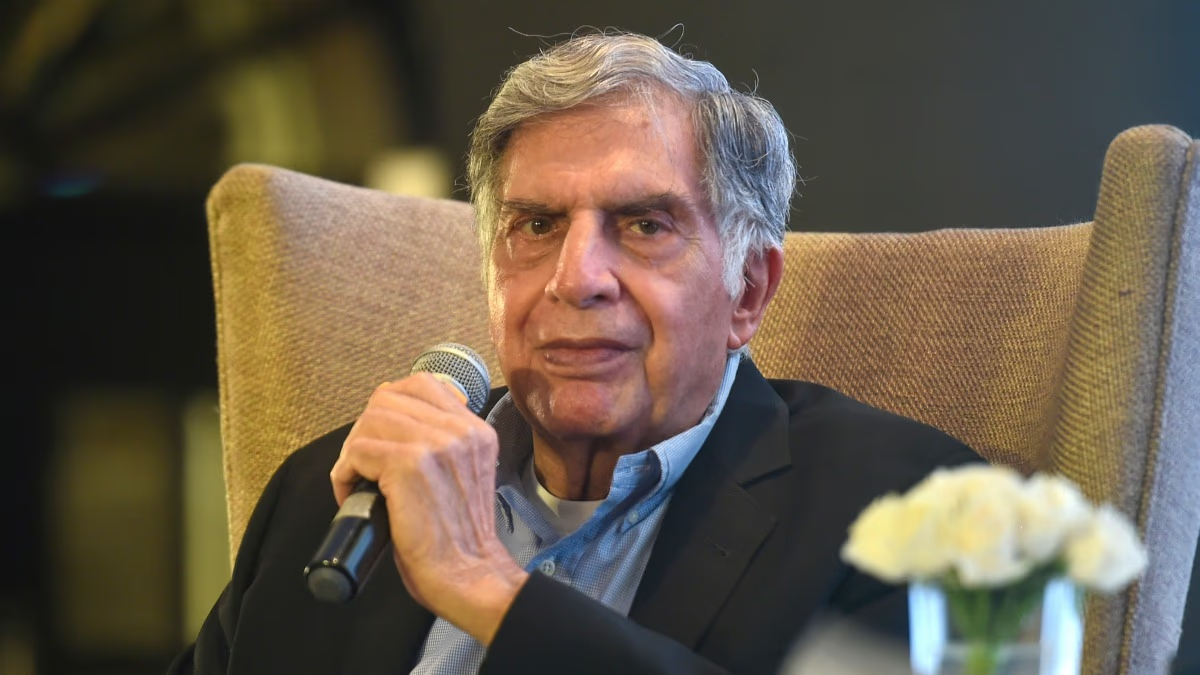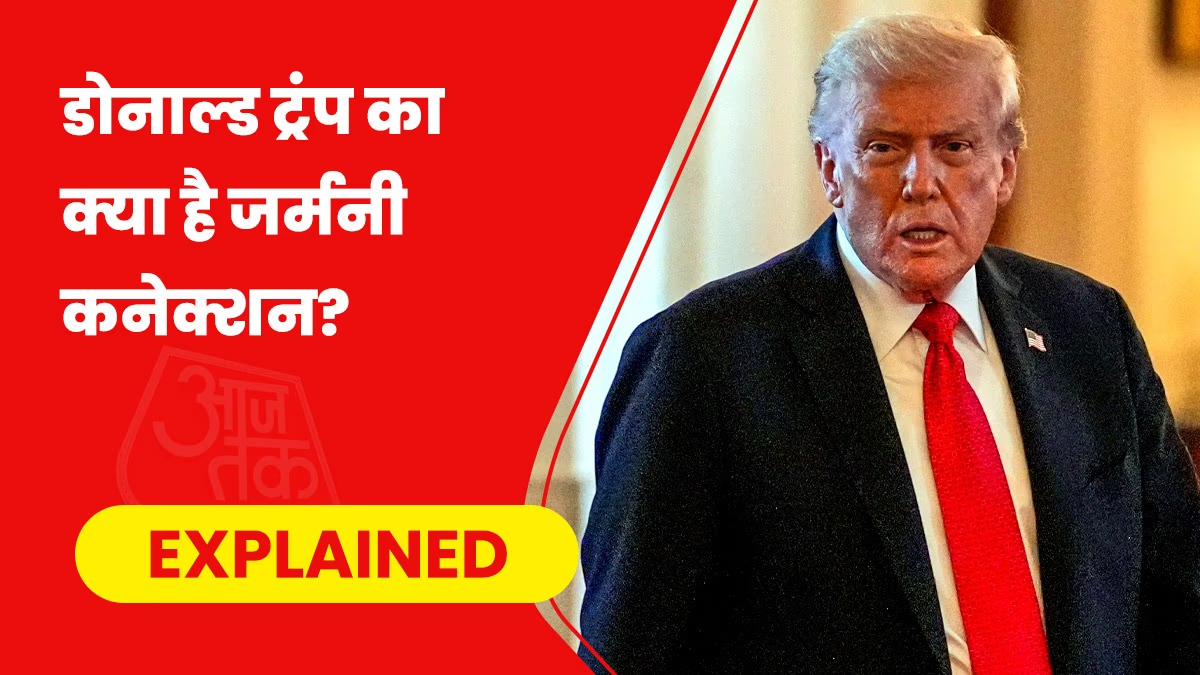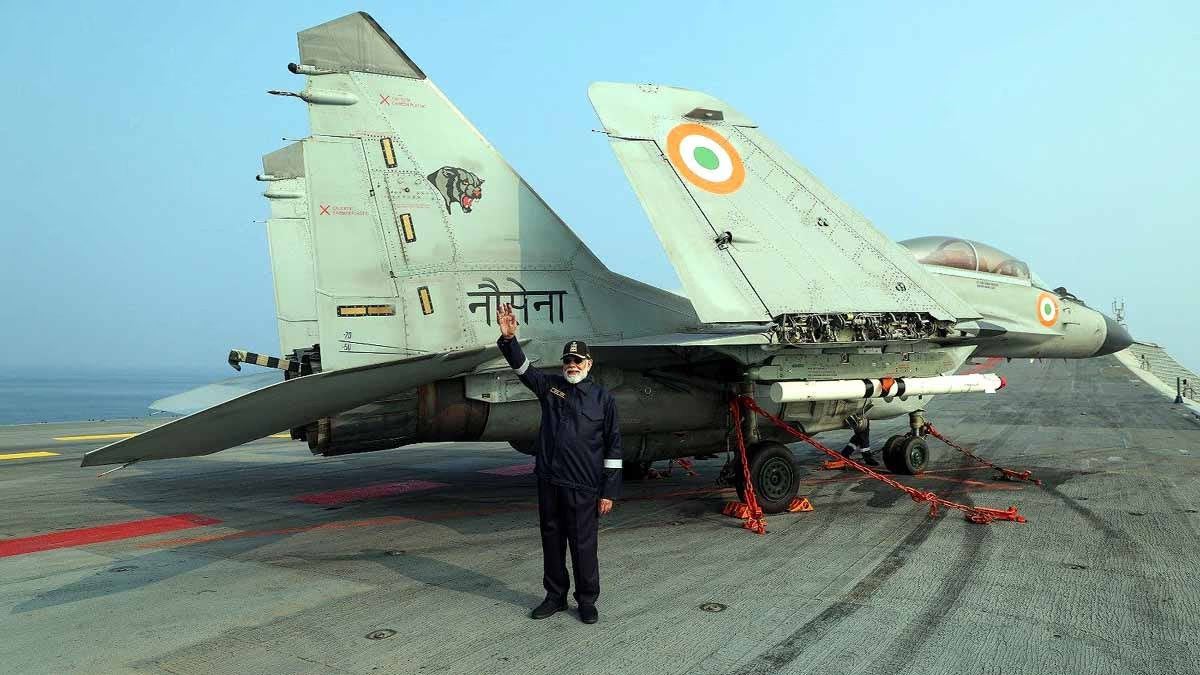On October 9th, the business world bid farewell to Ratan Tata at the age of 86. Celebrated for his humility, Ratan Tata's legacy hails from a lineage of industrial dominion.
Born as Ratan Naval Tata to Naval Tata and Sooni, Ratan was nurtured by his grandmother, Navajbai Tata. He embarked on his storied career with Tata Steel in 1962.
The Tata dynasty traces its origins back to 1868, founded by Jamsetji Tata. Today, the Tata Group boasts over 100 companies spanning more than 100 countries. As of August 2023, the Tata Group flaunts a market cap exceeding 403 billion USD, translating to approximately 34 trillion rupees.
Standing as its flagship, Tata Consultancy Services (TCS) champions a market cap of nearly 15 trillion rupees. The journey began in 1868 when Jamsetji Nusserwanji Tata ventured into the business with a defunct oil mill, which he transformed into a cotton mill.
Following the demise of Ratan Tata, the pivotal question arose: Who would lead the Tata Trusts? The mantle has now gracefully transitioned to his step-brother, Noel Tata. This prompts a deeper dive into the essence of Tata Trusts...
Unveiling Tata Trusts
Tata Trusts cultivate an intricate network of trusts, spearheaded by Sir Ratan Tata Trust and Sir Dorabji Tata Trust. With a pivotal stake of 52% in Tata Sons, these trusts form the bedrock of corporate might. Combined with others, their total share ascends to 66%, cementing control over the synthesis that is Tata Sons.
Playing the role of the Tata Group's holding entity, Tata Sons is presided over by Chairman N. Chandrasekaran. Tata Sons manages stakes ranging from 25% to 73% across the group. The fiscal year 2023-24 marked a $165 billion revenue, equating to approximately 14 trillion rupees.
In essence, the stewardship of Tata Trusts governs Tata Sons, with Tata Sons cascading influence over the group at large. Thus, Tata Trusts hold the reins as the foremost figure in this expansive enterprise.
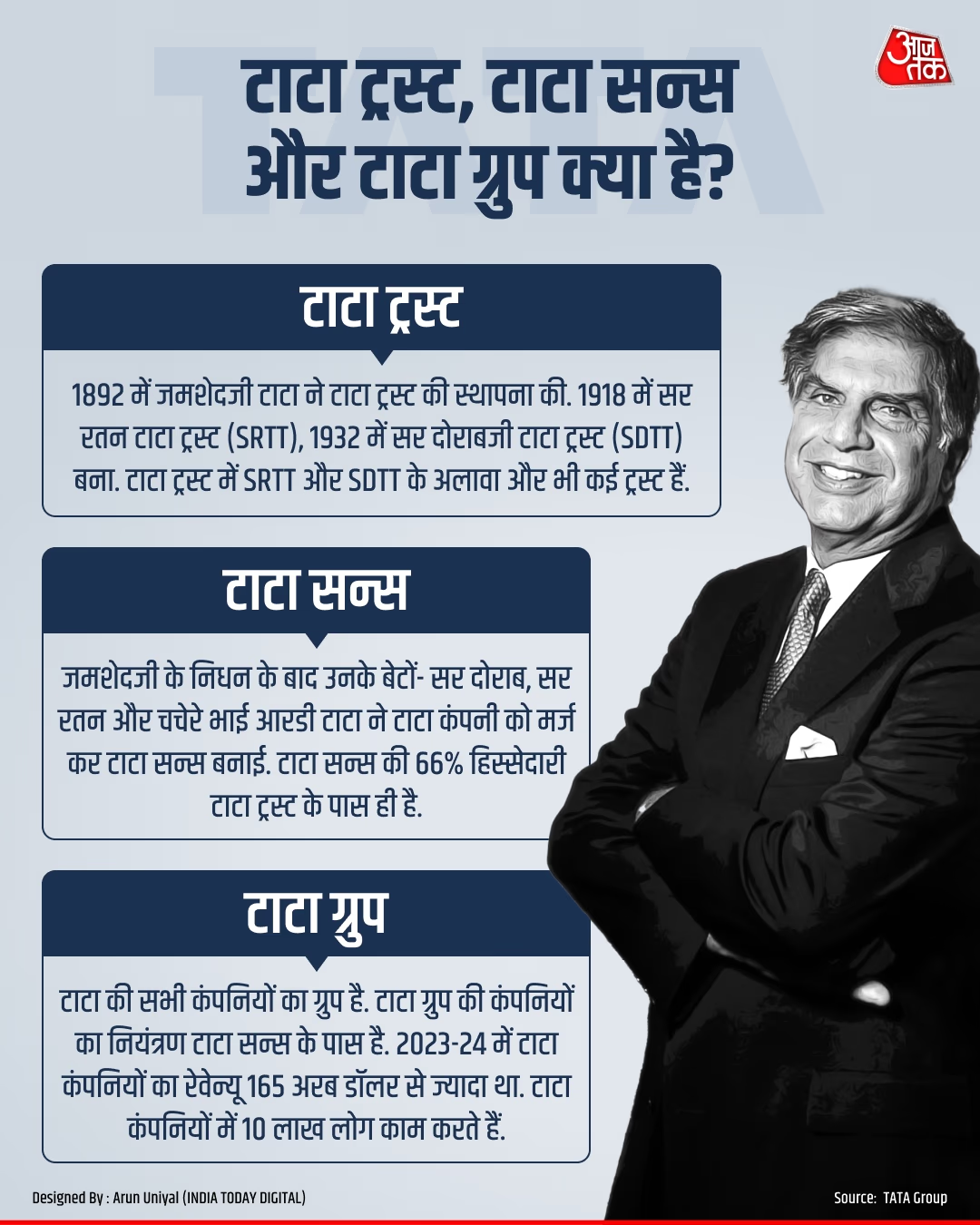
Source: aajtak
Origins of Tata Trusts
The tale of Tata Group's inception in 1868 stands intertwined with a vision transcending commerce, championing national service.
Jamsetji Tata believed in elevating nations through fostering potential, not merely aiding the weakest, to render the highest service.
This philosophy spurred the creation of the 'J.N. Tata Endowment' in 1892, fostering higher education for Indians and offering free medical education to children of factory workers.
Jamsetji Tata harbored four dreams: an iron and steel company, a world-class institute, a grand hotel, and a hydroelectric power plant. While his life allowed the fruition of just one—Mumbai's 'Taj Mahal Palace Hotel'—the realization of other dreams fell upon his sons.
Under the leadership of Sir Ratan Tata and Sir Dorabji Tata, his vision of steel plants, hydroelectric power, and scientific institutes emerged into reality.
Following Jamsetji Tata’s death in 1904, his progenies, with cousin R.D. Tata, consolidated entities into Tata Sons. Sir Ratan's passing in 1918 spurred the formation of the Sir Ratan Tata Trust, involving his 40% stake in Tata Sons. Upon Dorabji's passing in 1932, a similar transition to trust ensued.
The Tata lineage further expanded their influence through the establishment of numerous trusts, with the eminent Sir Ratan Tata Trust and Sir Dorabji Tata Trust at its core. Previously helmed by Ratan Tata, these trusts now navigate under fresh stewardship.
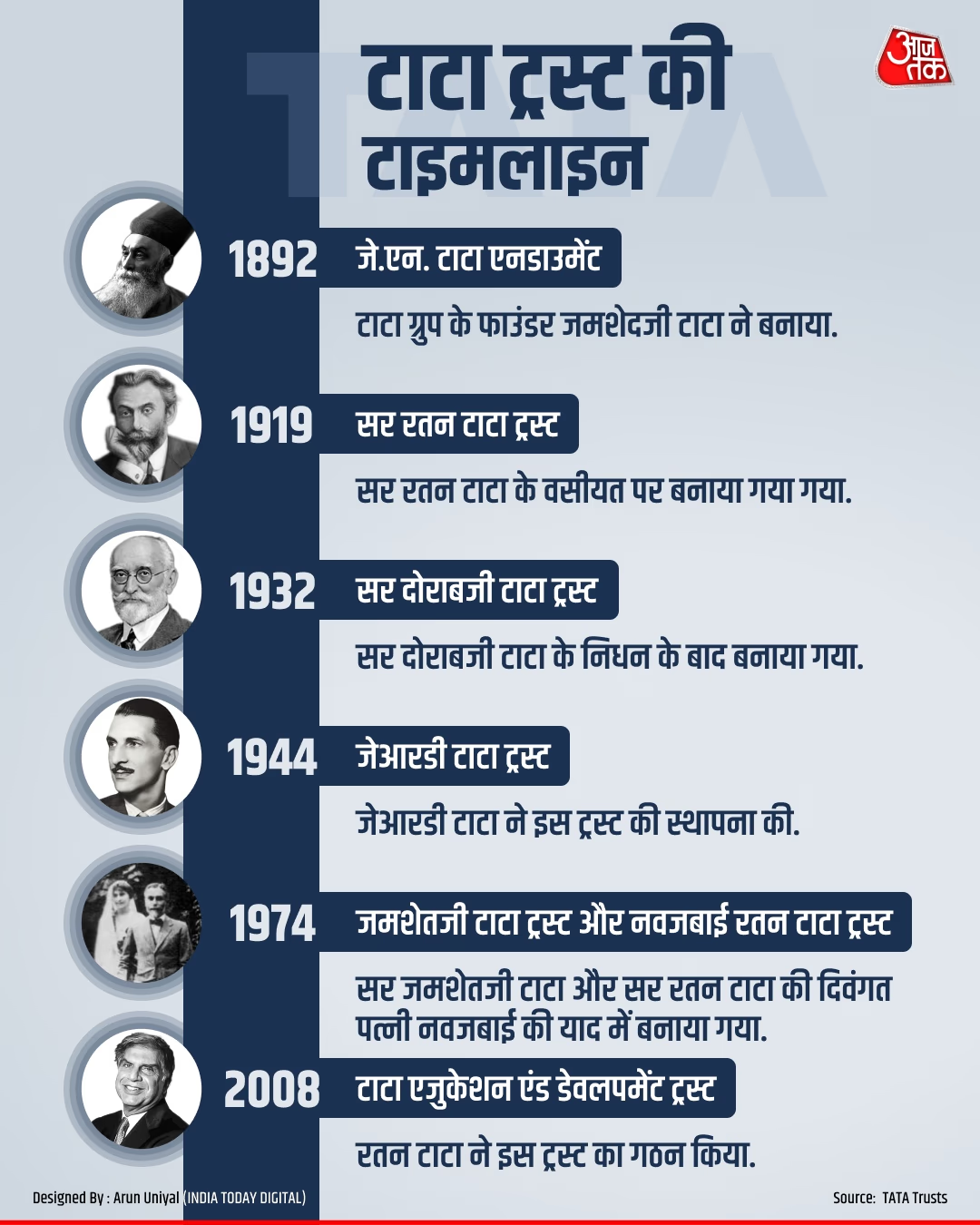
Source: aajtak
From Ratan Tata to Noel Tata
Ratan Tata's extensive tenure as chairman of Tata Trusts witnessed a seamless transition to Noel Tata posthumously, confirmed through a unanimous trust board decision.
With over four decades tied to the Tata Group, Noel Tata presently chairs Tata International Limited and serves as a non-executive director, having held significant roles across other major enterprises. During his tenure as Managing Director, Tata International's revenue soared from $50 million to $3 billion between 2010-2021.
Typically, the chairmanship of Tata Trusts is reserved for individuals from the Tata family and Parsi community. Following Ratan Tata’s father Naval Tata’s divorce and subsequent marriage to Swiss Simone Dunoyer, Noel Tata was born.
Come 2012, as Ratan Tata resigned from Tata Sons' chairmanship, Noel Tata emerged as a preferred candidate, though Cyrus Mistry was eventually appointed. Mistry’s tenure, marked by contention, concluded with N. Chandrasekaran's ascension as chairman of Tata Sons. Today, Noel Tata embarks on steering the cornerstone of Tata Trusts.
